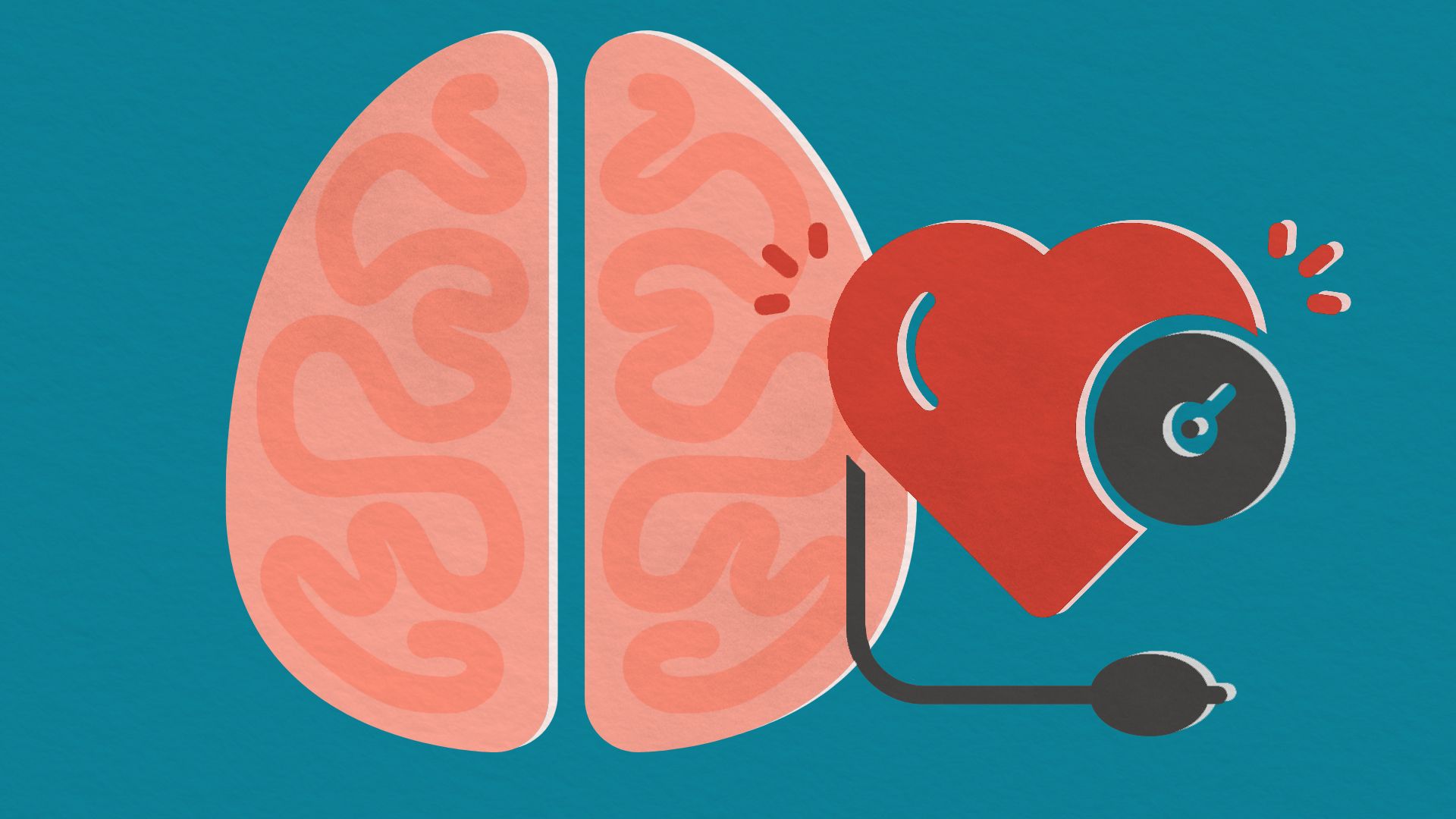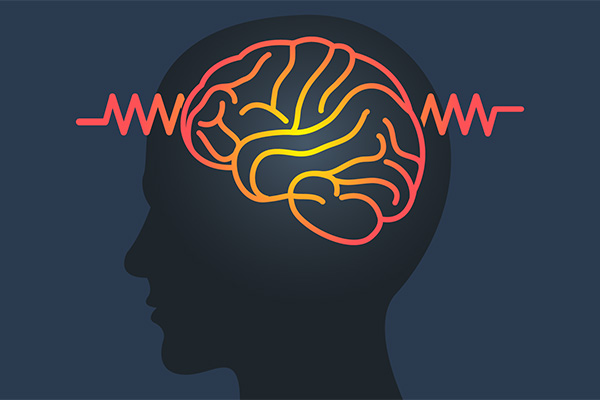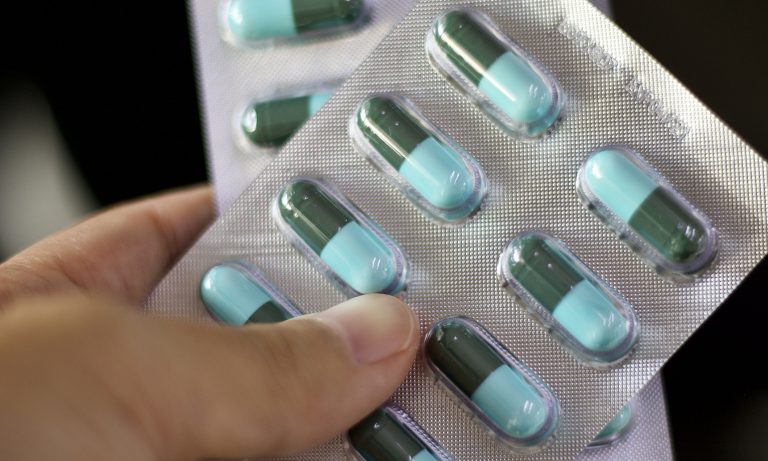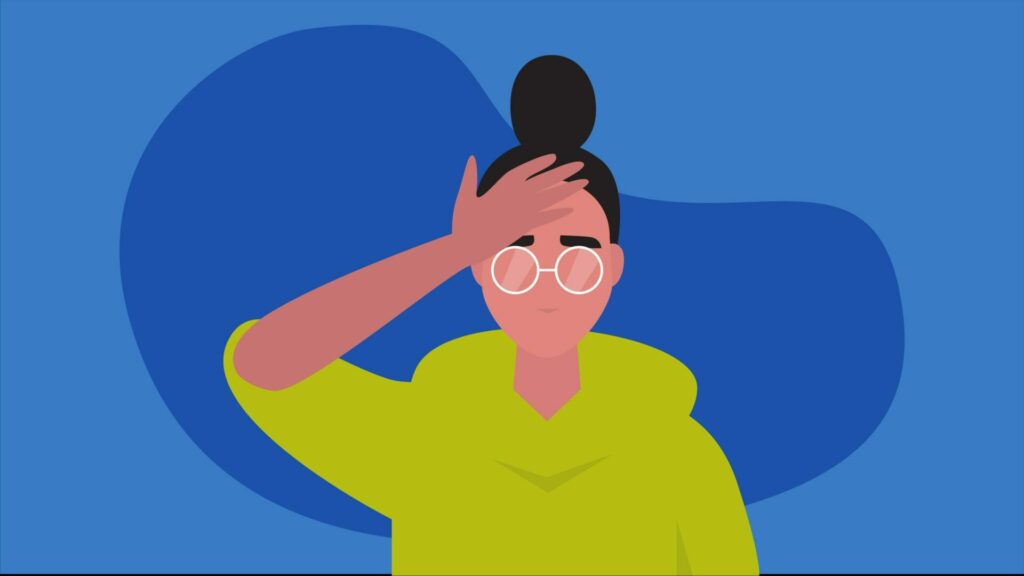Millions of people suffer from depression at some point in their lives, but many don’t know what to do about it. For some people, the condition can be so severe that it causes debilitating headaches. In this article, we will explore the different types of depression headaches and what you can do to get relief from them.
Contents
What is Depression Headache?

Depression headache is a type of headache caused by depression. It is one of the most common forms of headache, and it can be very debilitating. Depression headaches are often described as a throbbing or pounding sensation in the temples, behind the eyes, or between the eyebrows. They can also be severe and last for hours or even days.
There are a few things you can do to treat depression headaches. First, make sure you get enough rest and exercise. Taking breaks from work and doing some light exercise can help relieve tension headaches and help you avoid getting into a cycle of feeling too stressed out to relax. Secondly, try to reduce your stress levels by focusing on positive thoughts and activities. Practicing meditation or spending time with loved ones can also help ease your mood. Finally, if all else fails, consult a doctor about treatment options. There may be medications or other treatments available that can help relieve your depression and headache symptoms.
Types of Depression Headache

There are three types of depression headaches: primary, secondary, and tertiary. These types are:
Primary Depression Headache
One of the most common types of headaches is a primary depression headache. This type is caused by a hormonal imbalance in the brain. The main hormones that are responsible for causing primary depression headaches are estrogen and progesterone. This is a situation when the body is producing too much of one or both of these hormones. Also, it can be caused by a lack of sleep, stress, and weight gain.
Secondary Depression Headache
A secondary depression headache is caused by another condition or problem. This type of headache is usually more severe than a primary depression headache. The main causes of secondary depression headaches are a head injury, meningitis, a tumor on the brain, stroke, and sinus infection. This type of headache can be debilitating and can last for weeks or even months.
Tertiary Depression Headache
A tertiary depression headache is the most severe type of depression headache. This type is caused by a combination of factors, including a head injury, meningitis, a tumor on the brain, stroke, and sinus infection. Tertiary depression headaches can be very painful and can last for weeks or even months. Sometimes, tertiary depression headaches can be life-threatening.
Causes of Depression Headache
Depression headache is a common condition, affecting around one in ten people at some point in their lives. It’s usually caused by a combination of factors, including stress, anxiety, headaches, and epilepsy. Here, we look at all the possible causes of depression headache – from the obvious to the less obvious.
The most common cause of depression and headache is stress. It’s the most common headache in the world – and it’s often due to chronic stress. Chronic stress can lead to an overproduction of hormones like cortisol, which can trigger headaches and other conditions like depression.
Some the other causes of depression and headache include:
– Tension headaches: This is the most common type of headache, and it’s usually caused by a combination of tension and muscle tension. This may be because of a problem with your muscles, nerves, or the way your brain sends signals to your muscles.
– Migraine: Migraine headaches are usually caused by a combination of factors like genetics, lifestyle, and environment. But often, they’re also triggered by a change in your hormones (like during PMS).
– Epilepsy: Epilepsy can cause several different types of headaches, including depression headaches. This is because seizures can cause changes in blood flow and pressure in the brain.
– Headache due to another condition: Some types of headaches are caused by other conditions like sinusitis or anemia. In these cases, the headache is only temporary – but it still causes pain and distress.
– Parasitic headaches: Parasitic headaches are caused by parasites like head lice or bed bugs. These tiny creatures can crawl into your head and cause pain and inflammation.
– Post-traumatic headache: This is a type of headache that’s usually caused by a traumatic event like a car accident or a violent attack. It can last for days, weeks, or even months – and it can be really painful.
– Substance abuse: Alcoholism and drug abuse can both cause headaches – but they can also lead to other conditions like depression. About one-third of people with depression also have substance abuse issues.
– Overuse of painkillers: Some people take too many painkillers – especially if they have chronic pain. This can lead to a build-up of pressure in your head, which then becomes a headache.
Symptoms of Depression Headache

Depression is one of the most common mental health conditions in the United States. It can cause several different symptoms, including headaches. Here are some of the most common symptoms of depression-related headaches:
-Tension headaches: This is the most common type of headache associated with depression. The pain is usually in one side of your head and tends to be chronic, meaning it recurs often.
–Migraines: Migraines are a type of headache that is often preceded by a feeling of nausea or vomiting. They can be very debilitating and can be triggered by different things, such as stress, caffeine, eating too much food, and bright light.
-Sinus headaches: About two-thirds of people who suffer from depression also experience chronic sinus headaches. These headaches typically involve pressure on one side of your head and tend to be severe enough to make you nauseous and lightheaded.
-Cervical spine pain: About half of people who suffer from depression also experience neck pain or stiffness in the cervical spine area. This is due to the tension that is built up in the neck due to the pain and discomfort from the other symptoms mentioned above.
-Neck pain: About one-third of people who suffer from depression also experience neck pain or stiffness. This neck pain is also often caused by the tension that is built up in the neck due to the pain and discomfort from the other symptoms mentioned above.
Treatment for Depression Headache

Depression can cause a headache, and unfortunately, there’s not much that doctors can do to treat it. However, there are a few things that you can do on your own to relieve the pain.
Medications
One of the most common treatments for headaches is medication. If you suffer from frequent headaches, your doctor may recommend a medication such as ibuprofen or acetaminophen.
Over-the-counter medications
If the pain is mild or occasional, over-the-counter medications may help. These include ibuprofen, acetaminophen, and naproxen (Aleve). Be sure to read the label carefully to find the right dosage for you.
Physiotherapy
An evaluation by a physiotherapist may help treat depression and its associated headaches. Physiotherapy can help to improve blood flow and circulation, which can relieve pain. Sometimes people also take online physiotherapy sessions.
👉👉 Find Best Online Physiotherapist Near You
Massage therapy
Massage therapy may also help relieve pain from depression. A massage therapist can help to improve your circulation and relieve tension in your neck, shoulders, and back.
Self-care
There are a few things that you can do to help relieve the pain from depression on your own. Some of these include:
Resting your head and neck: Sometimes pain from depression is caused by tension in your neck and head. Taking a break from work and other activities to rest your head and neck may help to relieve the pain. There may also be relief from applying heat to your head and neck.
Drink plenty of fluids each day, including water, juice, tea, and coffee. dehydration can cause headaches, including those caused by depression. Drink plenty of fluids each day, including water, juice, tea, and coffee. These also help to flush out the toxins from your body, which can help to relieve pain.
Try a natural headache remedy: Some people find relief from headaches by using natural headache remedies such as ginger or apple cider vinegar. Try these remedies out before turning to medication.
Managing stress: One of the biggest contributors to headaches is stress. If you can’t control your stress levels, you may find it difficult to manage your headaches. There are many ways that you can reduce your stress, including meditation, yoga, and exercise.
If you’re experiencing chronic headaches, it may be worth consulting a doctor for further evaluation. There may be other causes of your headaches, and treatment may include medications or therapy.
Prevention of Depression Headache

Depression headache is one of the most common causes of headaches in adults. It is also one of the most common mental health disorders. What are the symptoms of depression, and what can you do to prevent this headache?
The symptoms of depression can include feelings of sadness, hopelessness, guilt, and loss of interest in activities that were once enjoyed. According to the National Institute of Mental Health, people with depression may also experience changes in appetite and sleep, as well as headaches.
There are a few things that you can do to prevent depression headaches.
Exercises: One of the most common things that people with depression need is exercise. According to the National Institutes of Health, aerobic exercise has been shown to help improve mood and reduce symptoms of depression. Strength training exercises have also been shown to be beneficial for improving mood and reducing symptoms of depression.
Medications: If you are experiencing major depression, your doctor may prescribe medications such as antidepressants or mood stabilizers. These medications can help relieve many of the symptoms of depression, including headaches.
Nutrition: A healthy diet is also important for preventing depression and headaches. According to the National Institute of Mental Health, a diet high in fruits and vegetables, fiber, and antioxidants can help reduce the risk of developing depression and related health problems.
Talking about Depression: Talking about your feelings is one of the best ways to cope with depression. Talking to a trusted friend, family member, or therapist can help you feel better and deal with any issues that may be causing your depression. Also, be sure to talk about your symptoms with your doctor. He or she can provide you with the appropriate medication or treatment if needed.
Conclusion
If you are suffering from depression and experiencing frequent headaches, it is important to seek out help. Depression can cause several different health problems, including headaches. Here we will discuss some of the most common causes and symptoms of depression and headache, as well as how to treat them. If you are feeling overwhelmed or think that your headaches might be related to your depression, please consult a healthcare professional for further evaluation.
Hope this article was of help to you! If you are suffering from mental health disorders, you may seek help from Therapy Mantra. We have a team of highly trained and experienced therapists who can provide you with the tools and skills necessary for overcoming mental health disorders. Contact us today to schedule an online therapy or download our free Android or iOS app for more information.


